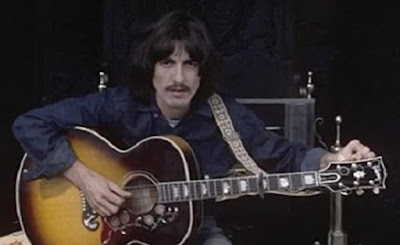Escrita por Troy Seals e Eddie Setser, foi gravada em 1980 no Compass Point Studios, em Nassau, Bahamas e lançada em 20 de fevereiro de 1981, no disco Another ticket, o sétimo disco de Eric. Foi produzida por Tom Dowd. Eric Clapton tocou guitarra e cantou. Gary Brooker tocou teclado e fez backing vocals. Chris Stainton tocou teclado. Albert Lee Tocou guitarra e fez backing vocals. Dave Markee tocou baixo. Henry Spinetti tocou bateria e percussão.
A letra:
The
dogs are howling at the midnight moon.
I'm on my way to where the
black rose blooms.
The mountain's high, the night is cold.
I
feel the sunshine a black rose grows.
Together again, we're as common as sin,
they say,
We just walk around the stones they throw.
Night
after night, we steal away to where
Love don't see no colors in
the shadows,
Love don't see no colors in the shadows.
Wind in the willows, wild and
warm,
Just like the woman lying here in my arms.
The water's
deep, cold and still.
I love the feeling that black rose gives.
Together again, we're as common as sin,
they say,
We just walk around the stones they throw.
Night
after night, we steal away to where
Love don't see no colors in
the shadows,
Love don't see no colors in the shadows.
Together again, we're as common as sin,
they say,
We just walk around the stones they throw.
Night
after night, we steal away to where
Love don't see no colors in
the shadows,
Love don't see no colors in the shadows.
Love don't see no colors in the shadows.
A versão de Eric Clapton:



















